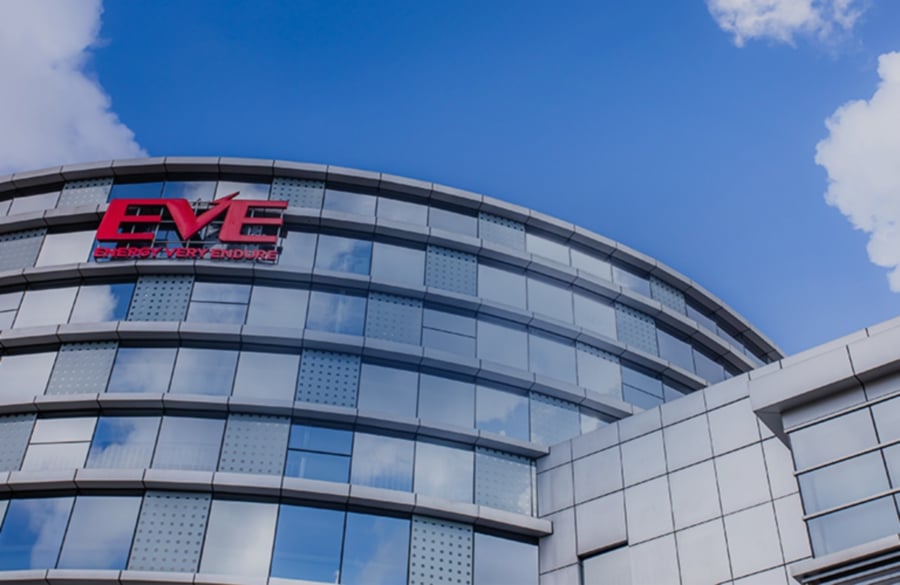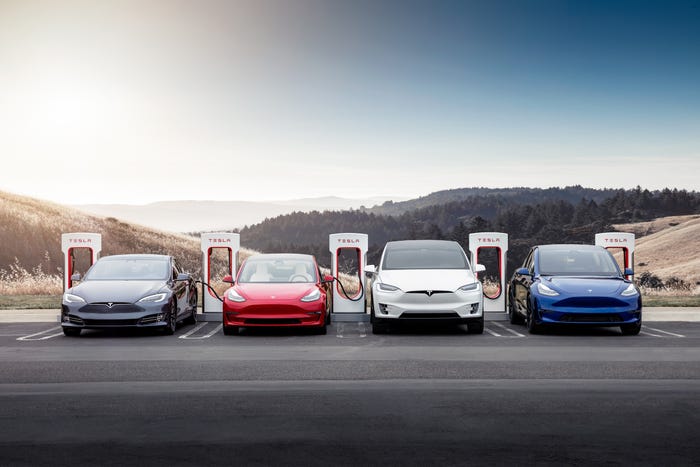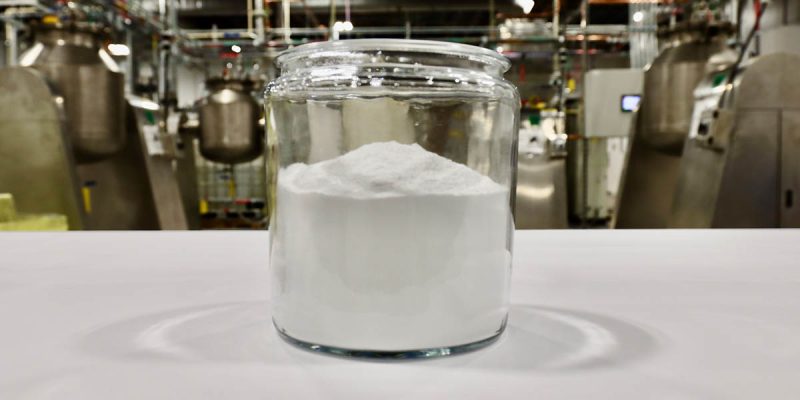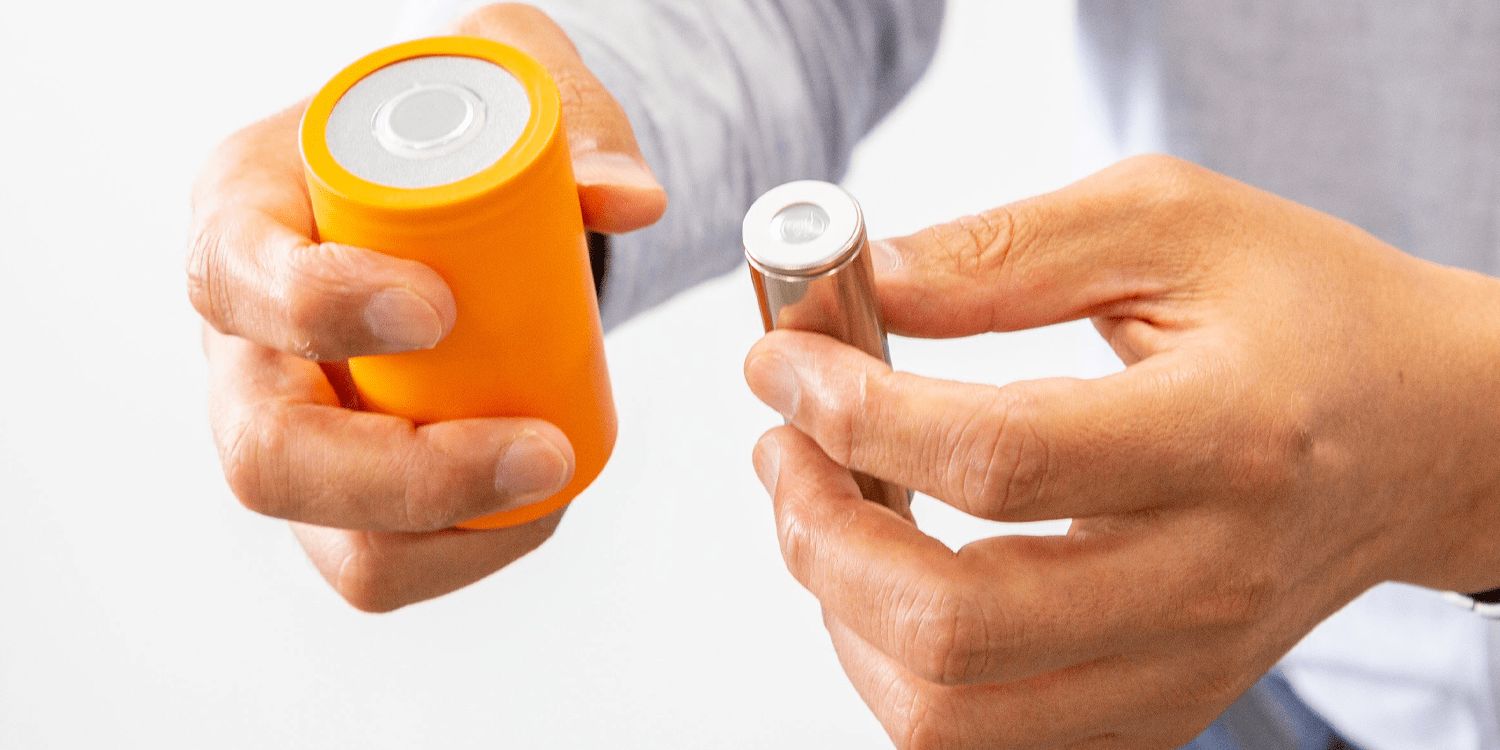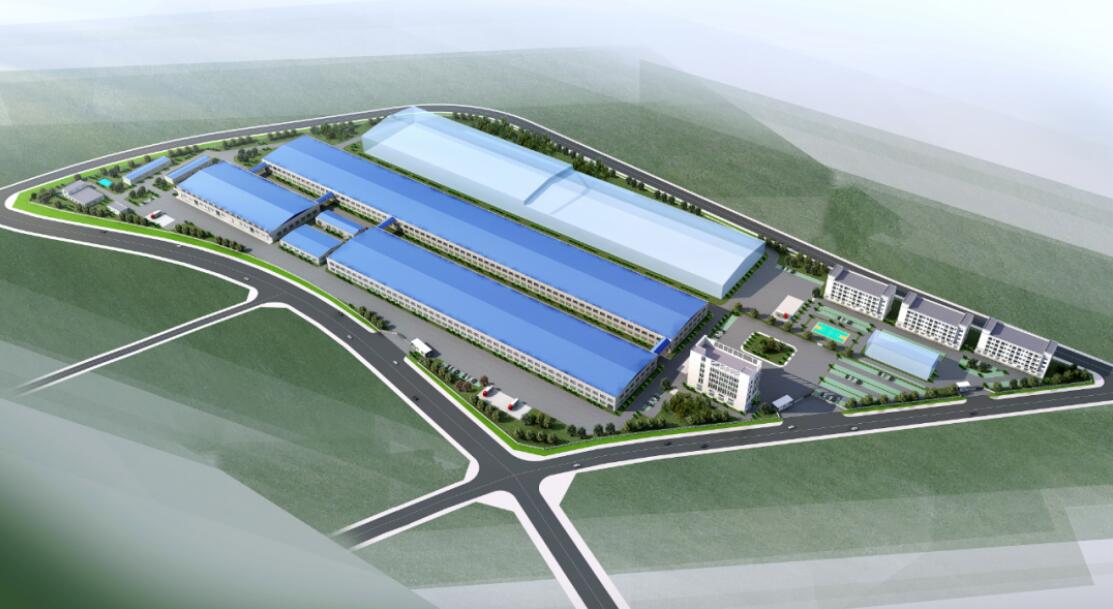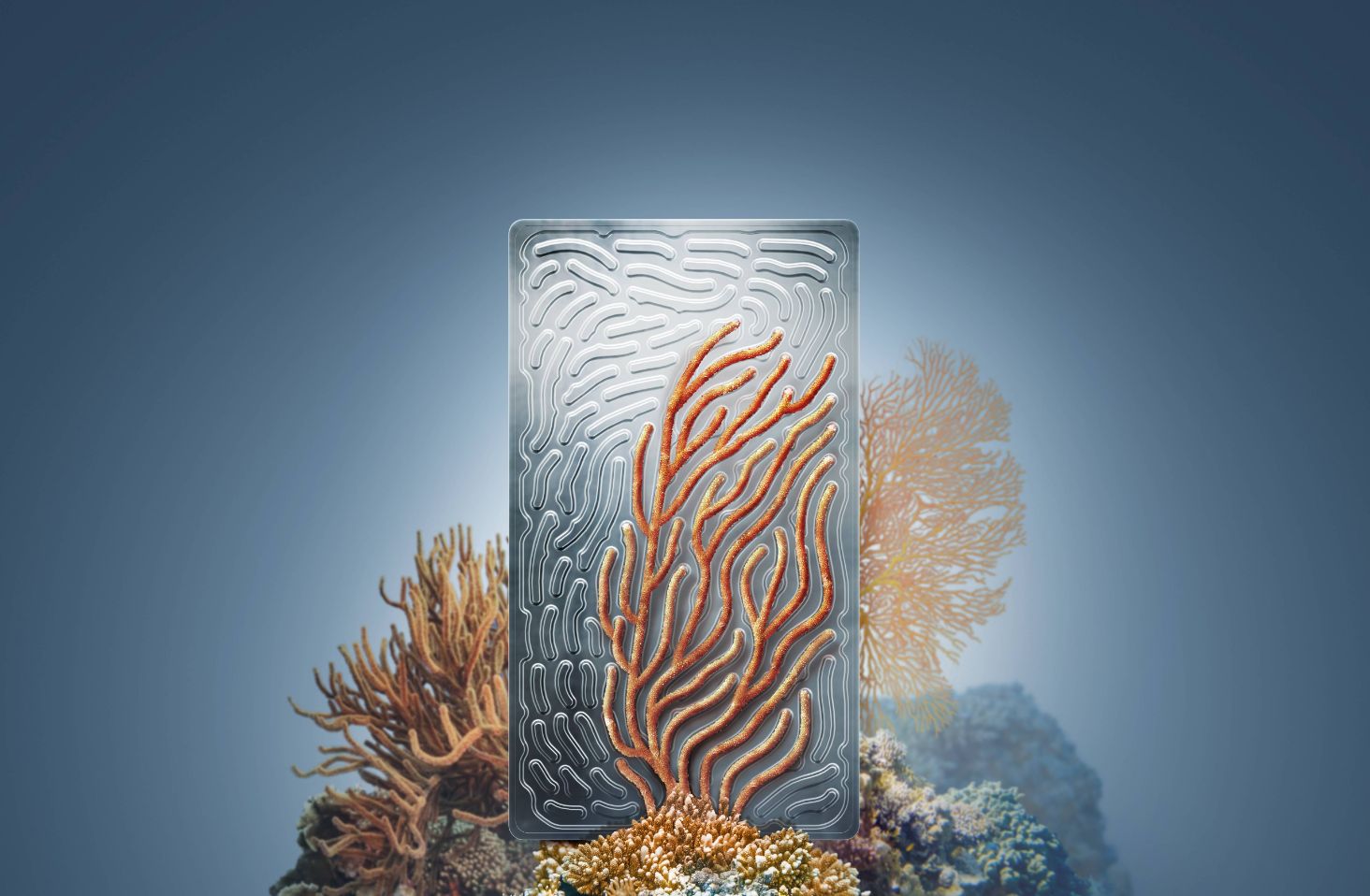Chinese battery cell manufacturer, Eve Energy, has embarked on a new chapter in its global expansion strategy by breaking ground on a state-of-the-art production facility in the northwest state of Kedah, Malaysia. The forthcoming factory is strategically positioned to cater to the growing demand for cylindrical battery cells, specifically tailored for electric two-wheelers and power tools across the vibrant Southeast Asian market.
While the exact production capacity and commencement date have yet to be revealed, Joe Chen, the Malaysia director of Eve Energy, emphasized the monumental significance of this venture. Mr. Chen underlined that this stride marks a pivotal juncture in Eve’s global trajectory and, perhaps most crucially, positions the company to actively contribute to the burgeoning electrical power ecosystem in Malaysia. This sentiment was echoed by the Malaysian Investment Development Authority (MIDA), whose Deputy CEO, Lim Bee Vian, lauded the partnership’s potential to catalyze innovation and technological progress within the region. It remains unclear whether Eve Energy is set to receive any form of government funding for this endeavor.
See also: Eve Energy Plans to Build Two New Production Facilities in China
This development mirrors Eve Energy’s endeavors in Europe, where reports indicate plans for a maiden factory in Hungary are underway. Supported by the Hungarian government with a notable allocation of 14 billion forints (equivalent to €38 million), Eve Energy is poised to invest an additional one billion euros. This substantial commitment has been solidified through a collaborative agreement with automotive giant BMW. The forthcoming Debrecen facility will be entrusted with supplying large round battery cells for BMW’s groundbreaking New Class electric vehicles. Situated within the Northwest Economic Belt designated for BMW suppliers, this initiative further strengthens the automaker’s foray into electric mobility. BMW’s Debrecen EV plant, initiated in mid-2022, has already secured partnerships with three cell suppliers: CATL, Eve Energy, and Envision AESC. This dynamic alliance ensures comprehensive coverage across three continents – North America, Europe, and China – facilitated through a network of six production facilities.
In light of its expansive global outreach, Eve Energy has also orchestrated a collaboration with recycling specialist Li-Cycle, primarily targeting the North American market. This strategic partnership encompasses the efficient reuse of scrap materials generated during cell production at Eve’s establishments in both Malaysia and Hungary.
Meanwhile, Eve Energy is concurrently charting its course in Thailand through a joint venture with local utility heavyweight Energy Absolute. This visionary endeavor envisions the establishment of a cutting-edge factory, projected to boast an annual production capacity of no less than 6 gigawatt-hours (GWh). As Thailand solidifies its status as an emerging electric vehicle hub, several prominent manufacturers – including Great Wall, Changan, Neta, Foxconn, BYD, and Aiways – have begun erecting and operating plants within the nation’s borders. This swift proliferation is paralleled by the emergence of vital supply chains. Distinguished battery producers Svolt and Gotion High Tech have set their sights on the Southeast Asian terrain, accompanied by the presence of German testing and certification authority TÜV SÜD and sustainable battery recycling initiatives led by ACE Green Recycling.
See also: Tesla to Open Office and Charging Stations in Malaysia
Much akin to Malaysia’s ascent as a key production hub in the Southeast Asian region, influential industry players such as Volvo, Samsung SDI, and SK Nexilis have established robust manufacturing footprints within the country’s borders. As Eve Energy sets its plans into motion, the trajectory of Malaysia’s industrial landscape stands poised for transformation, solidifying the nation’s role within the broader framework of regional manufacturing and technological advancement.

